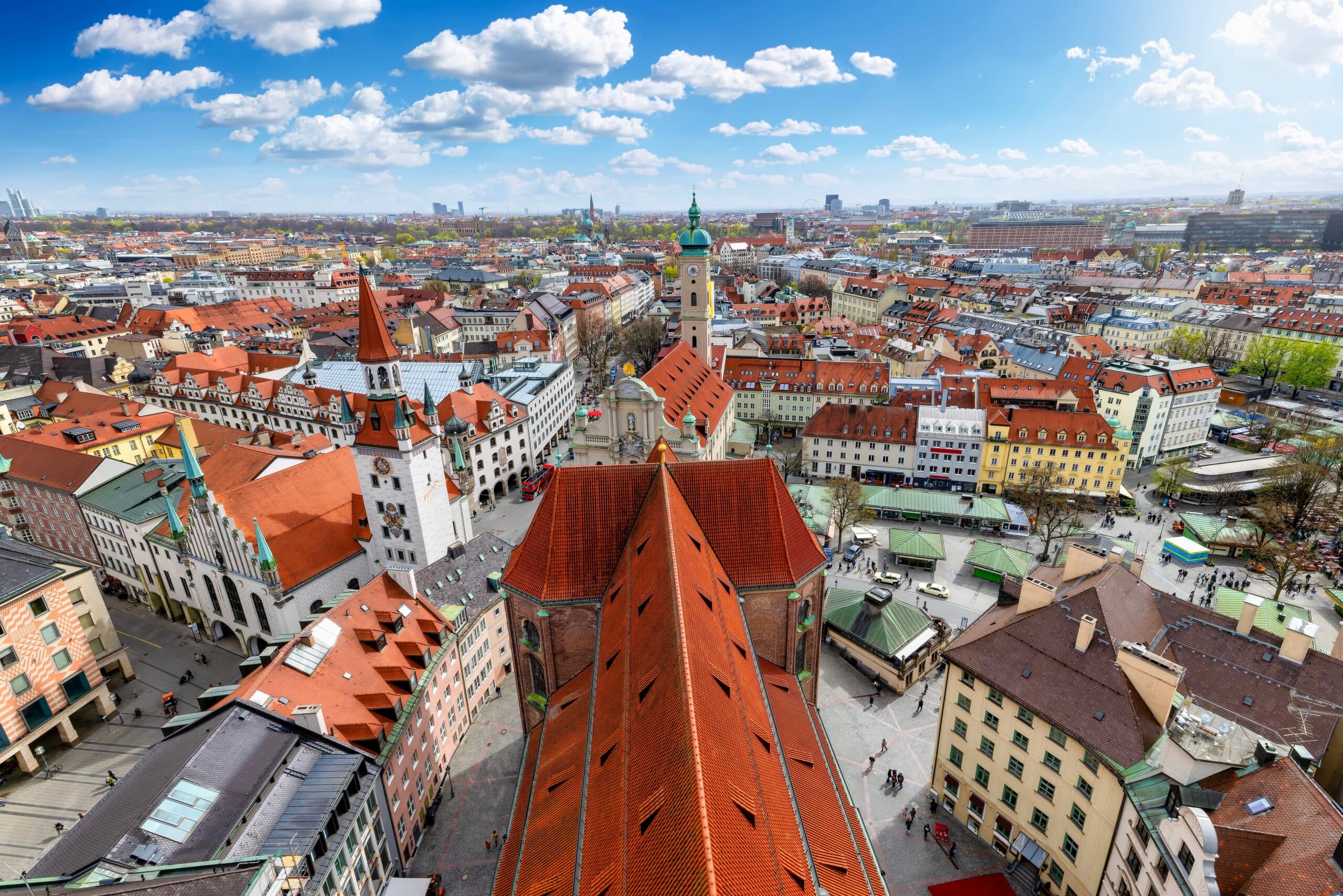The European Union marked a significant milestone in 2023 by issuing over 3.7 million first residence permits to non-EU citizens, a 4.7% increase from the previous year. This figure represents the highest number ever recorded, reflecting the EU’s growing appeal and the complex dynamics of international migration.
Employment Remains the Leading Reason for Permits
According to Eurostat, the EU’s statistics agency, employment was the primary reason for the issuance of these permits, accounting for 33.8% (1.3 million) of the total. Although this marks a slight decrease of 0.4% from the previous year, employment remains a dominant factor driving non-EU citizens to seek residence in EU countries.
Family and Protection Top Other Reasons for Migration
Family-related reasons were the second most common category for residence permits, making up 26.4% (986,453) of the total, with a notable 6.4% increase from 2022. This trend indicates a growing number of people seeking to reunite with family members already residing in the EU.
Permits issued for international protection reasons represented 25.6% (956,646) of the total, showing a 5.3% increase, which underscores the EU’s role in offering asylum and protection to individuals fleeing conflict and persecution.
Education emerged as the fastest-growing category, accounting for 14.3% (534,558) of the permits. This category saw a remarkable 13.5% increase, highlighting the EU’s continued attraction as a destination for higher education among international students.
Ukraine, Belarus, and India Top the List
In 2023, the highest number of first residence permits were granted to citizens of Ukraine (307,313), followed by Belarus (281,279) and India (207,966). This data reflects shifting geopolitical and economic factors influencing migration patterns to the EU.
Diverse Reasons for Top Permit-Granted Nationalities
Eurostat’s breakdown of the top ten nationalities receiving residence permits reveals diverse reasons for migration:
- Employment was the main driver for nationals from Ukraine (71.7%), Belarus (52.3%), India (45.2%), and Türkiye (31.8%).
- International protection was the leading reason for Syrian (77.3%) and Afghan (85.1%) nationals.
- Family reasons were predominant for migrants from Morocco (50.3%), Russia (39.4%), and Brazil (35.3%).
- Education was the key reason for Chinese nationals (37.8%).
Germany Leads in Residence Permits Issuance
Eurostat’s data for 2022 also highlighted Germany as the leading EU country in issuing first residence permits, with a total of 538,690. Spain, Italy, and France followed closely, each issuing over 300,000 permits. Notably, 42% of the permits in 2022 were for employment reasons, with Germany marking an 18% increase in this category compared to the previous year.
This growing trend in residence permit issuance signals the EU’s pivotal role in global migration, driven by a mix of employment opportunities, family reunification, international protection, and educational prospects.
Did this advice help?
Is there anything wrong with this page?
If so let us know!
